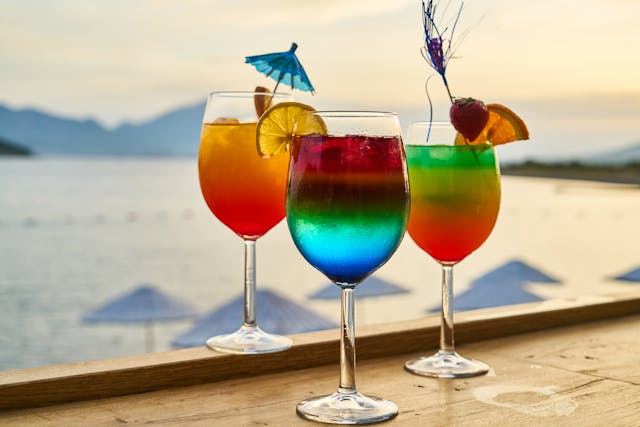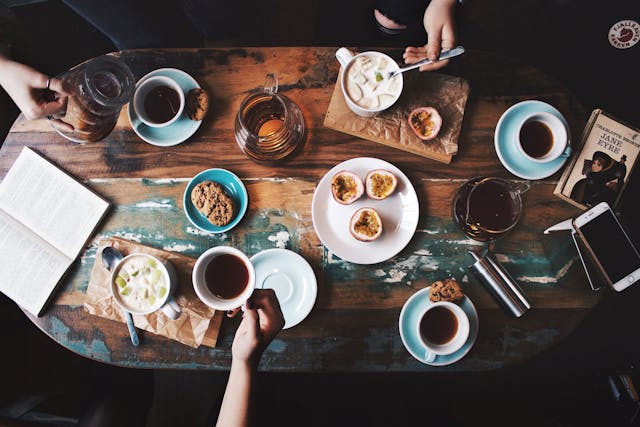Sustainable Sipping: The Eco-Friendly Revolution in Beverages
The beverage industry is undergoing a major shift toward sustainability as consumers demand more eco-friendly choices. From reusable packaging to ethically sourced ingredients, companies are rethinking how drinks are produced, packaged, and distributed to reduce environmental impact.
Let’s explore how sustainability is reshaping the way we sip and what you can do to make more eco-conscious choices.

Sustainable Ingredients: Ethical and Eco-Friendly Sourcing
Beverage brands are increasingly focusing on responsibly sourced ingredients. This means:
-
Organic farming to reduce pesticide use and protect biodiversity.
-
Fair trade certifications for coffee, tea, and cacao to ensure fair wages for farmers.
-
Local sourcing to cut down on carbon emissions from transportation.
-
Water conservation efforts to reduce excessive water use in production.
Example: Some tea brands now use regenerative farming techniques to protect soil health and ecosystems.
Reducing Packaging Waste: From Plastic-Free to Refill Stations
Single-use plastic waste is a huge problem in the beverage industry. Companies are shifting to:
-
Glass, aluminum, and compostable materials instead of plastic bottles.
-
Refillable and reusable bottles through deposit-return systems.
-
Concentrated drink formulas (e.g., syrups or powders) that reduce packaging waste.
Example: Some coffee chains now offer discounts for bringing a reusable cup, reducing disposable waste.
The Rise of Plant-Based and Low-Impact Drinks
Dairy production has a large carbon footprint, leading to a rise in plant-based milks like oat, almond, soy, and coconut. Other sustainable drink trends include:
-
Lab-grown and alternative dairy products with lower environmental impact.
-
Fermented drinks like kombucha that support gut health with minimal processing.
-
Low-carbon brewing methods in beer, reducing energy and water consumption.
Example: Some beer brands now use surplus bread to create sustainable brews, reducing food waste.
Ethical Coffee and Tea: Brewing a Greener Future
Coffee and tea lovers can support sustainability by looking for:
-
Shade-grown coffee, which preserves forests and biodiversity.
-
Loose-leaf tea instead of tea bags, as some bags contain plastic.
-
Cold brew and energy-efficient roasting methods, which use less electricity.
Example: Some cafes compost coffee grounds or donate them for farming use instead of sending them to landfills.

The Future of Sustainable Sipping
Innovations in eco-friendly beverages continue to grow, including:
-
Edible packaging, such as seaweed-based straws and drink pods.
-
Waterless beverages, reducing transport emissions by letting consumers mix concentrated formulas at home.
-
Smart technology in supply chains, ensuring transparency in sourcing and production.
As consumers, we can support sustainability by choosing ethical brands, reducing waste, and reusing containers.
What steps will you take to make your sipping habits more sustainable?












